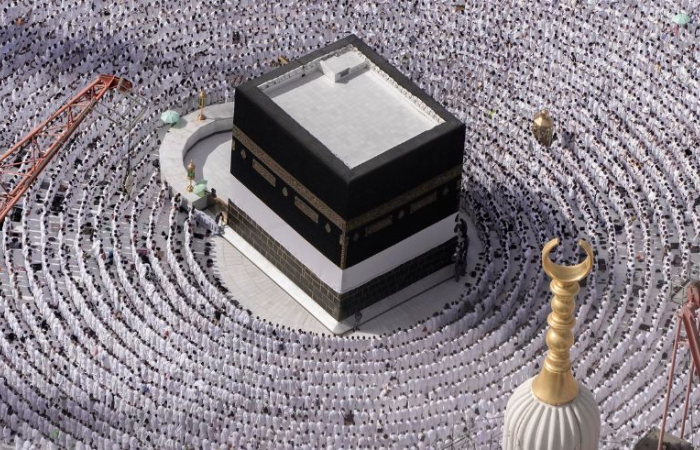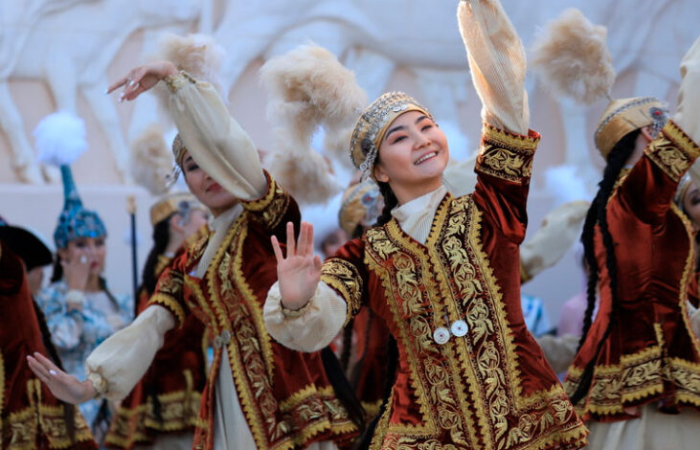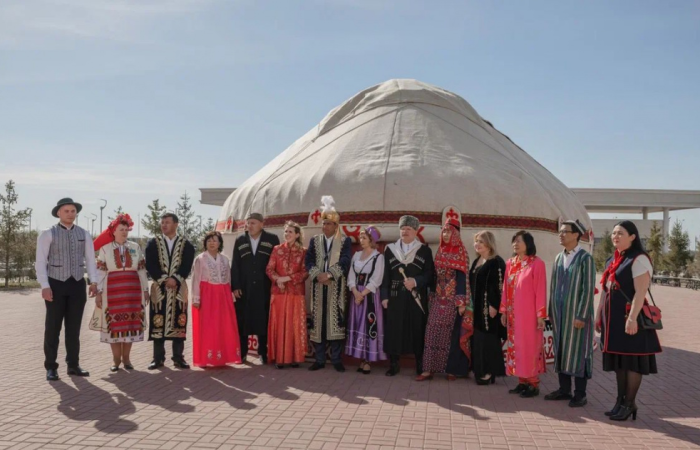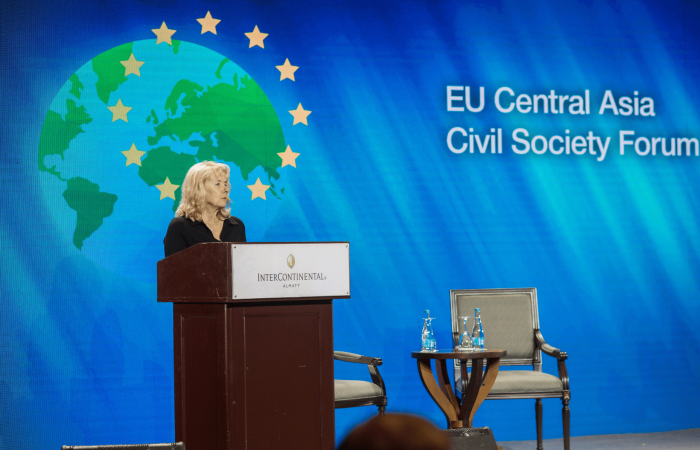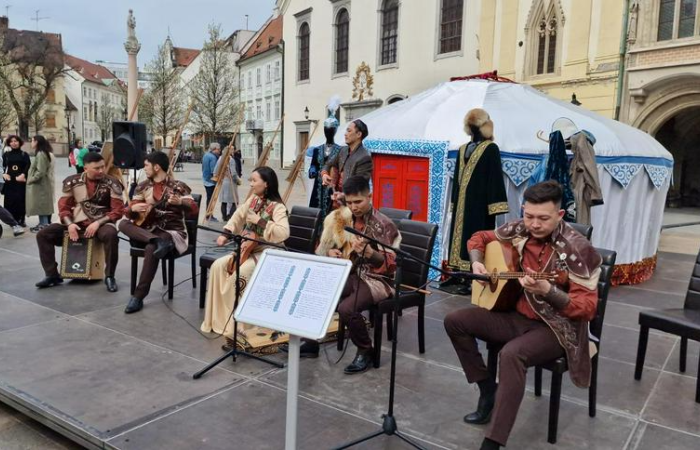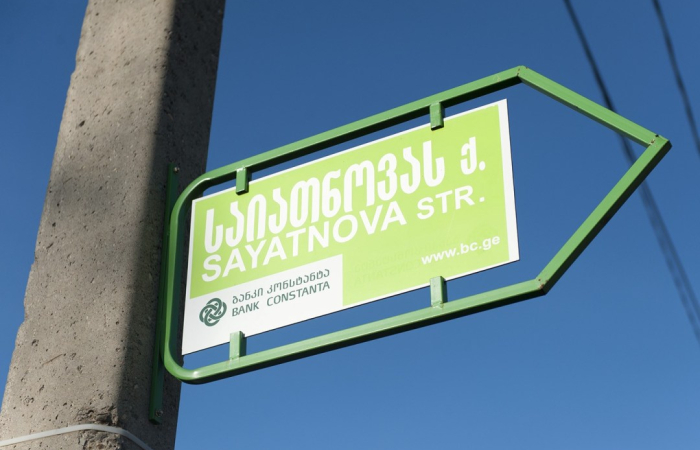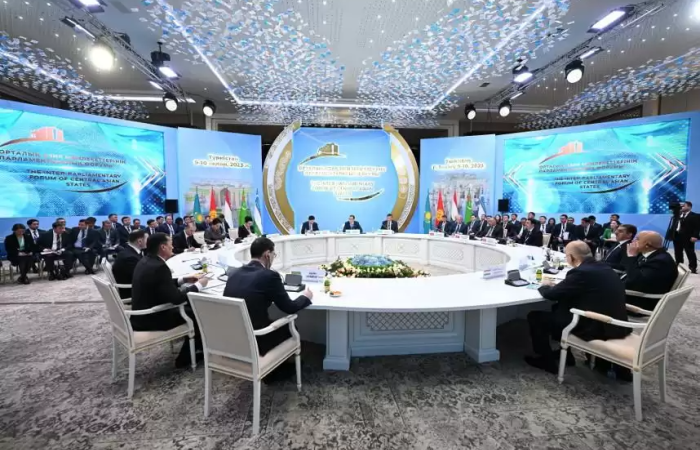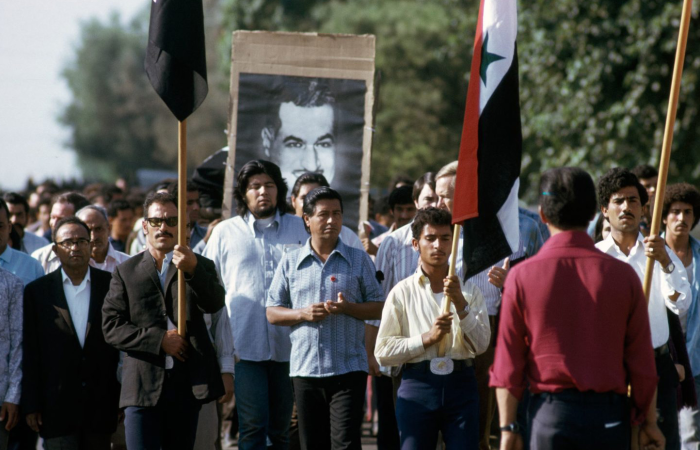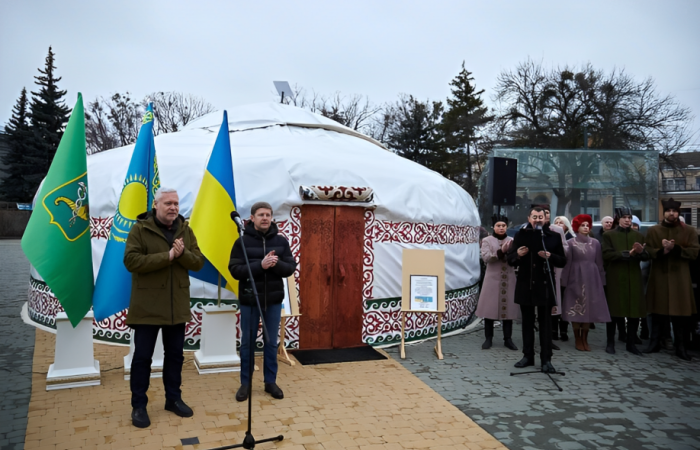Editor's choice
This is a members’ functionality. Please
Sign upNews
Trending
Turkistan Declaration adopted at the first ever Central Asian Interparliamentary Forum
10 February 2023
The first ever meeting of the Central Asian Interparliamentary Forum is taking place in the Kazakh city of Turkistan on Friday (10 February), which has resulted in the adoption of the landmark Turkistan Declaration.
The forum, which brings together parliamentarians from Kazakhstan, Uzbekistan, Kyrgyzstan, Tajikistan and Turkmenistan, is discussing the strengthening of comprehensive strategic cooperation among Central Asian states and the role of parliaments in this process.
More specifically, the forum is discussing topics including regional security, the development of joint infrastructure and logistics projects, transit and transport potential of the region, and alternative supply routes from Central Asia. Alongside discussing strategic cooperation, parliamentarians are also discussing expanding cultural and humanitarian cooperation based on a common historical and cultural heritage.



